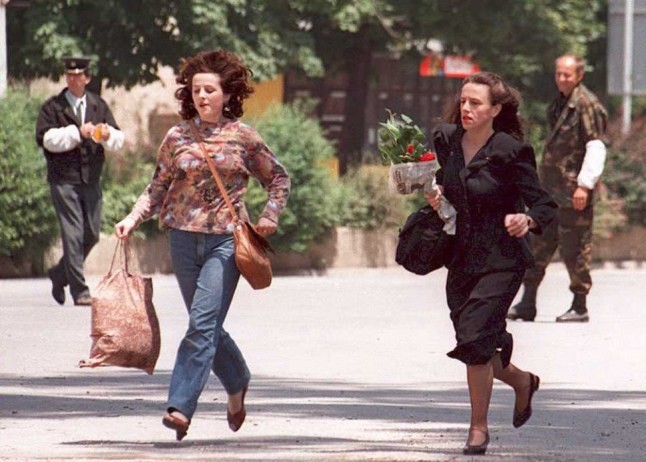Growing Up Near Sarajevo I Saw the ‘Human Safaris’ First Hand
Growing up near Sarajevo I saw the ‘human safaris’ first hand. A survivor's memory becomes the lens through which a new investigation unfolds: wealthy tourists allegedly paid to shoot at besieged civilians from Bosnian-Serb positions. This is the story of a boy and a nation trying to reckon with a hidden chapter of the siege.
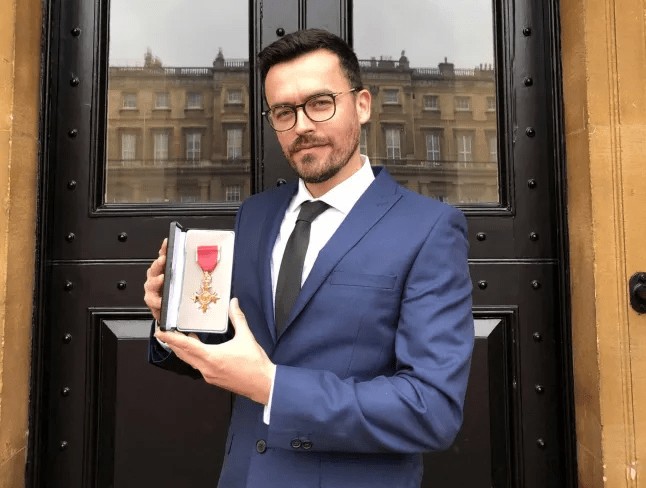
In This Article:
A Seven-Year-Old in Barane as War Comes to Life
I was seven, and living in my hometown village of Barane (in the south of modern day Bosnia and Herzegovina), when the siege of Sarajevo by Serb forces began. In spring 1992, war came to our village. By the summer of 1993, my dad and most of my male relatives had been sent to concentration camps, and my mother, brother, sister and I had fled to a village south of Mostar, to stay with my great aunt. One day, on our way back from getting food, my mother, brother and sister and I were spotted by a sniper. My mum grabbed us and pulled us behind a stone wall. I’ll never forget the way she was shielding us, as if that might protect us. We were lying behind that wall for 45 minutes, with the sniper just shooting at us, trying to scare us.
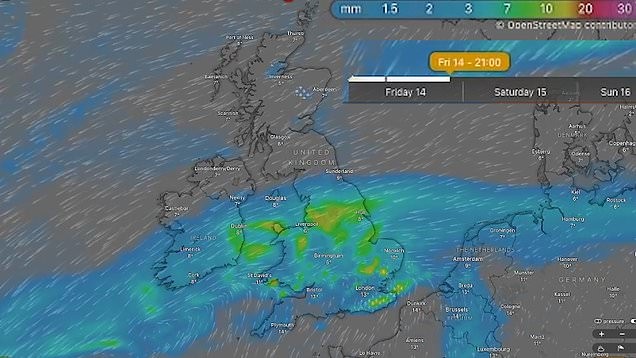
Italian Prosecutors Investigate Wealthy Tourists Who Paid to Shoot at Besieged Sarajevo
Now, Italian prosecutors are investigating claims that wealthy tourists paid to act as ‘weekend snipers’, shooting at besieged Sarajevo from Bosnian-Serb positions. The investigation is the result of a new legal case brought forward by journalist Ezio Gavazzeni, and follows a 2022 documentary on the subject, Sarajevo Safari. Reports suggest that Italians, along with Germans, French, English and others from Western countries, paid for the chance to fire at civilians, including paying extra to target children. When I think about it now, I wonder if that was someone who’d travelled from abroad, that was just there having a fun day out. They saw this young mother with her frightened kids through the sniper scope and for them it was just a right laugh. Having a blast. It’s brought back a lot of memories. It’s brought up a lot of questions.
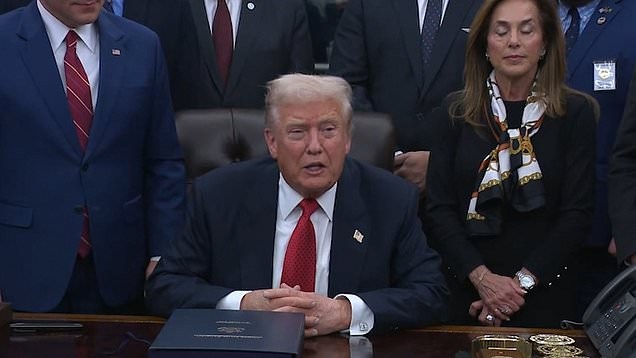
Whispers, Rumours and the Dehumanisation of Bosnians
During the siege of Sarajevo, which lasted almost four years, 11,541 civilians were killed; 1,601 of which were children. It is still the longest siege in modern European history, and was seen as a prelude to the massacre in Srebrenica, considered Europe’s only genocide since the Holocaust. I’m pleased this is coming to light now, but slightly frustrated knowing that Bosnians have spoken about this for decades. Not only has it been written about, but even during the war, we heard rumours about ‘weekend’ or ‘tourist’ soldiers arriving from abroad. Information travelled differently back then. The internet wasn’t accessible for us, we didn’t have social media, and mobile phones weren’t really around. So news spread in really fascinating ways, via people travelling to and from Sarajevo, and international journalists who were working in the area. My dad talks about his time in a concentration camp, being locked in a room for days with no food or water, but somehow having access to new rumours, new information. I was only a child at the time, so my recollections of these rumours are shadowy – in the way that the snippets kids glean when the grownups are talking always are. But I remember the whispers, and I remember how scared they made me. I didn’t know who these people were, I just thought they were monsters. I find it so hard to accept that Bosnians had been dehumanised to such an extent in people’s mind that this was acceptable. We’re also not talking about a handful of ‘rotten apples.’ Italian documents estimate that dozens of people came, in groups of five or six on weekends. The fact that it has taken 30 years for a prosecution to be brought, even though Italian prosecutors knew about this in 1993, is telling. It was one thing believing the world had forsaken us, forgotten us, or been distracted by its own problems. Learning that people travelled to Bosnia simply to kill starving women, children, and elderly for pleasure adds another layer of personal trauma and dehumanisation. The 1990s is a strange time in that it feels like a long time ago, but it really isn’t. And yet the war against Bosnia and genocide have already faded from European memory. These people could have been living among us for 30 years. They could be our friends, neighbours, colleagues, MPs. Going back to Bosnia has always felt like I was returning to a crime scene. The UK is my home, my safe place, where I can speak openly and educate in schools, universities and communities, about the dangers of discrimination. It’s frightening to think that people who have participated in these atrocities could be living here. The UK should follow the steps taken by Italian authorities and open an immediate investigation. And I hope that governments will take this opportunity to collaborate to investigate it in a meaningful way, with consequences for those who were involved. For that terrified boy hiding from snipers with his family, and the thousands of others affected, that’s the least we deserve. Do you have a story you’d like to share? Get in touch by emailing jessica.aureli@metro.co.uk. Share your views in the comments below.
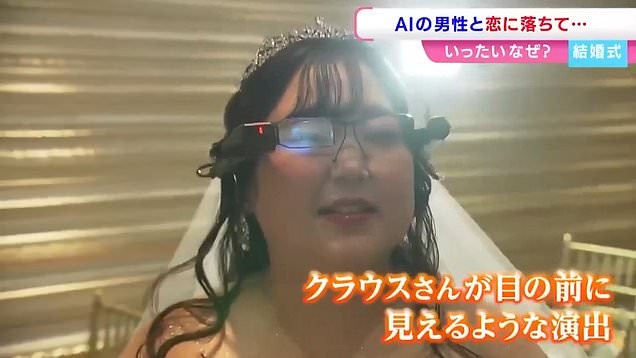
Closing Thoughts and Call to Action
MORE: This under-£7 skincare delivers prescription results at home MORE: 10 unmissable Time Out London deals: save 20% on Greek Street’s ‘Brunch to the Beat’ MORE: Believe it or not – Trump’s Epstein problem could be about to get worse Get your favourite puzzles when they are ready to play on the website sent directly to you every day and track your daily streak! This site is protected by reCAPTCHA and the Google Privacy Policy and Terms of Service apply. Your information will be used in line with our Privacy Policy
